As finals are approaching, you may be completely focused on cramming in hours of studying at the library. While this is definitely a major component of achieving the grade you want, there are many other factors that can determine your ability to perform when exam day arrives: a consistent sleep schedule, a stable exercise routine, techniques for relaxation, and possibly the most important—food.
Certain foods have been proven to increase focus, boost memory, and more. For example, protein-rich foods contain amino acids. Amino acids are precursors to specialized molecules in your brain called neurotransmitters that help enhance mental alertness and motivation. Quality complex carbohydrates sustain high energy levels. Also, foods high in antioxidants help maintain cognition and memory, and protect cell membranes and brain cells from damage.
After a lot of research on which foods will help me stay alert and healthy, I stopped by my local Whole Foods Market to pick up snacks for exam week. Of any of the stores nearby, they have the widest selection of produce, fresh meats and fish and snacks that I can trust. Below is my full list of recommended meals and snacks, full of the nutrients described above and more, that will optimize your chances of acing final exams.
Breakfast: Keep Energy Levels Balanced
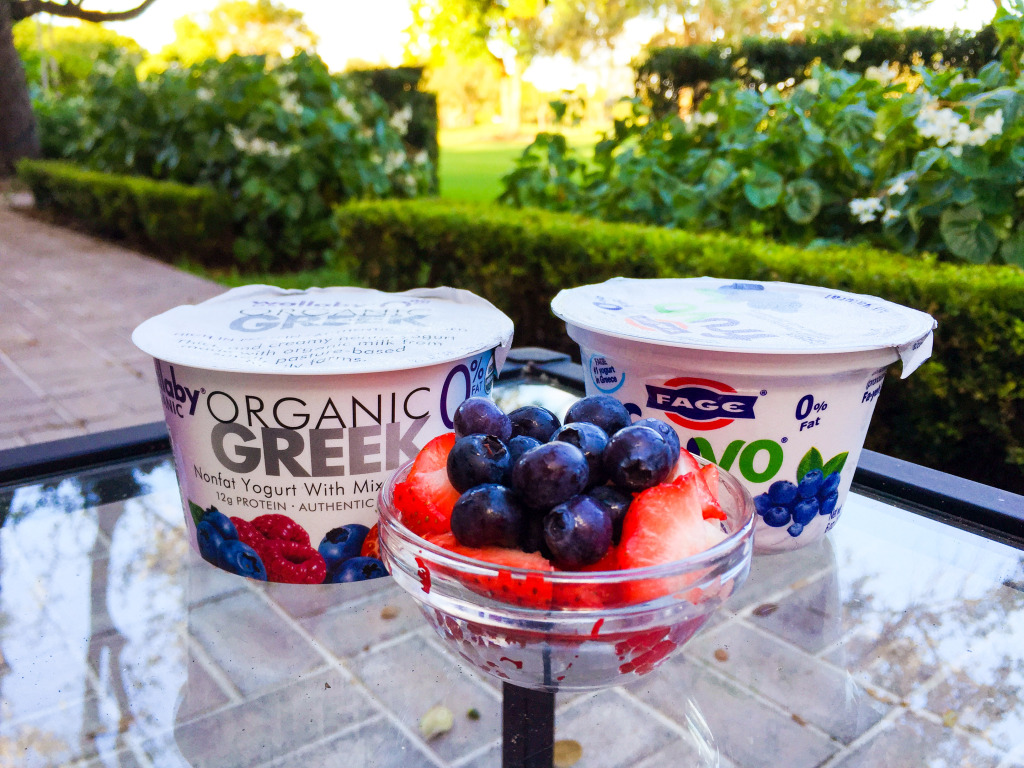
Photo by Julie Goldstein
Starting off the day with a balanced meal is essential in maintaining your energy level throughout the day and giving your brain a boost. Protein based foods such as yogurt, eggs, and protein shakes are a good start. Throw some berries on Greek yogurt to get your share of antioxidants and vitamin C, both of which help mental agility. Blueberries, in particular, have an extremely high concentration of antioxidants. Two great combinations are yogurt with berries, and a veggie packed omelet with whole-wheat toast, or a whole-grain English muffin with peanut butter.
Lunch: Sustaining Energy Levels
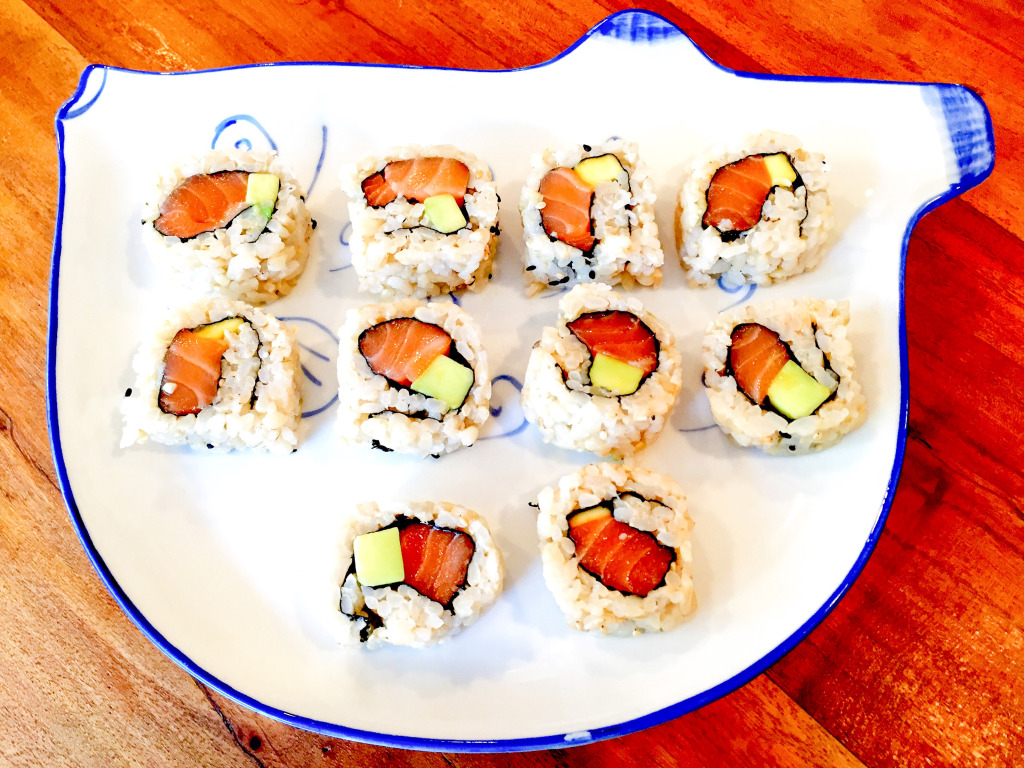
Photo by Julie Goldstein
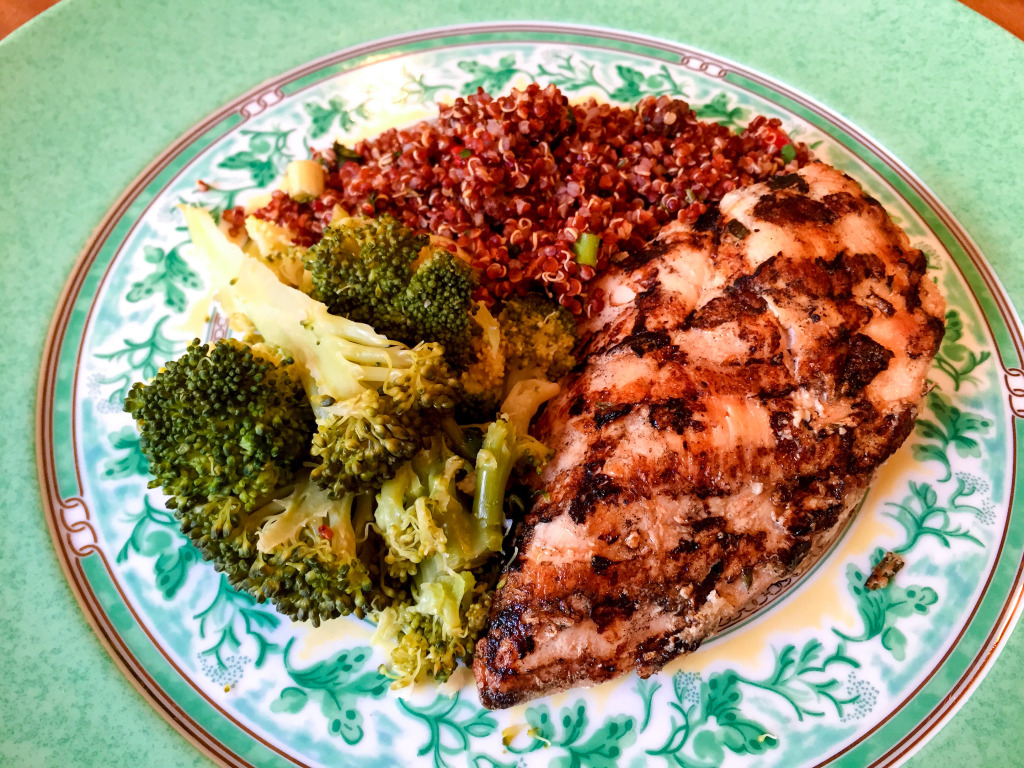
Photo by Julie Goldstein
Eating a balanced meal before, after, or in between exams is equally as important at lunchtime as it is at breakfast. Once again, you can’t go wrong with protein-rich foods and complex carbohydrates.
Foods high in Omega-3 fatty acids are noteworthy for maintaining alertness, brain capacity, and concentration. Certain fish such as salmon are very high in Omega-3.
And you can’t get enough vegetables. Broccoli, for example, is high in B-6 and B-12 vitamins, which are important for maintaining the nervous system and are associated with improved memory and alertness. On the fruity side, avocado is particularly known to increase brain health. Examples of lunch items are brown rice sushi made with salmon and avocado, or a grilled chicken breast paired with quinoa and steamed vegetables.
Snacks: Optimizing Your Time Between Exams
You are probably familiar with the feeling of walking out of an exam, doubting how you will make it through the next one. Whether you have twenty minutes, or a few hours, eating the right snack or two can make all of the difference.
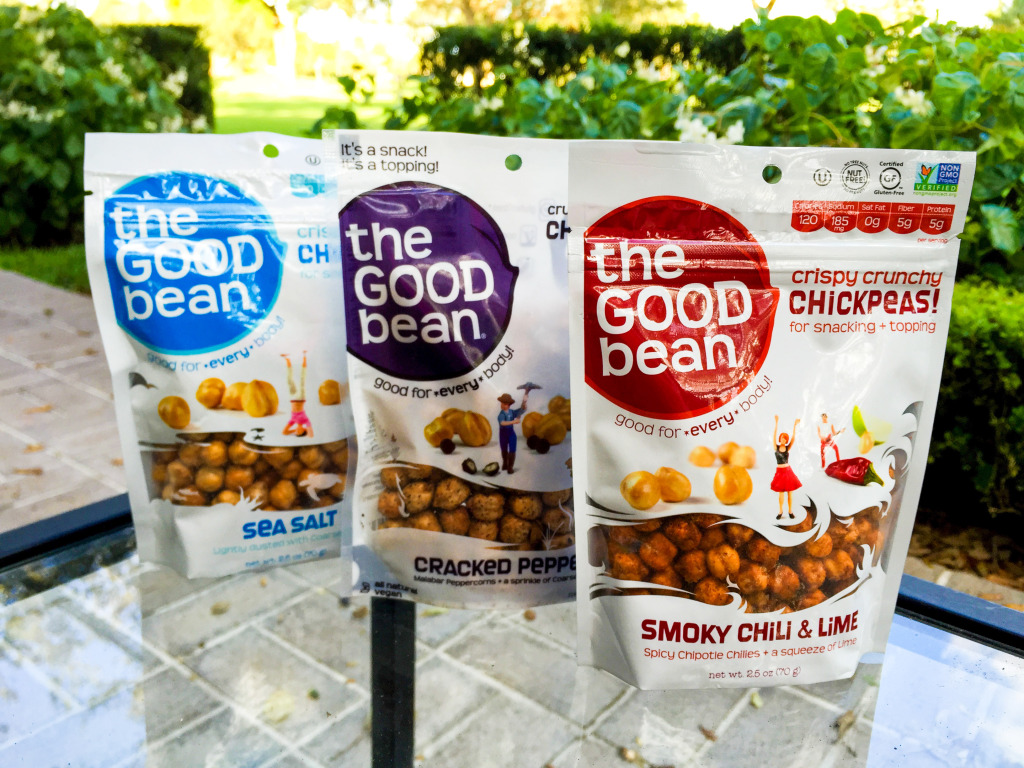
Photo by Julie Goldstein

Photo by Julie Goldstein
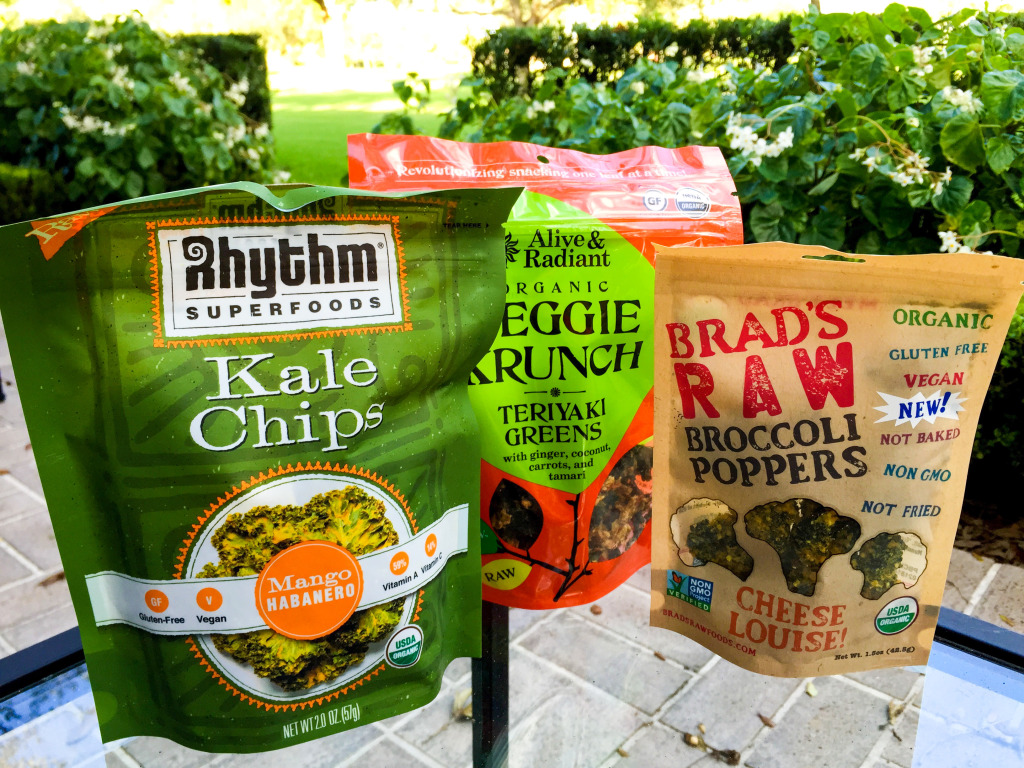
Photo by Julie Goldstein
Understandably, you may not have time to go to Whole Foods in between exams. There are, however, many snacks you can purchase ahead of time. Protein-rich snacks such as beans and nuts are great. Some of my personal favorites are The Good Bean: All Natural Chickpea Snacks, 365 Whole Foods trail mix, and a variety of kale chips.
What To Avoid
In order to sustain your energy level and maintain focus, you should avoid foods with high levels of refined sugar or flour. These items take longer to digest, and simulate the production of serotonin that tends to quiet the brain, and increase feelings of calm and relaxation. Avoiding sugar highs and lows are essential to keeping a stable level of energy. Items to avoid include sugary beverages, candy, chocolate, cake, white bread, etc.
Last Note: Stay Hydrated
Make sure to stay hydrated the day before as well as the day of exams. You can never go wrong with drinking water. Tea is also a good alternative, but stay away from too much sugar. Dehydration can cause loss in concentration, dizziness, and a decrease in energy.
So head over to your closest Whole Foods Market to stock up this week and make sure you have the brain power necessary to be your best in the exam room.
A huge thanks to Whole Foods Market for being a proud Spoon sponsor.

